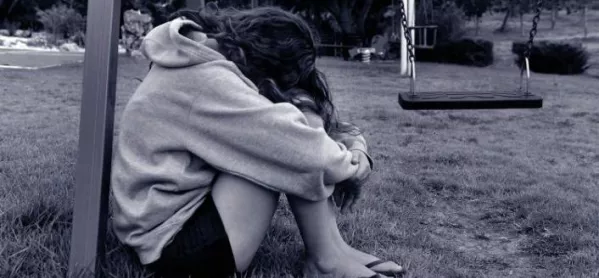A Department for Education minister has said he is “concerned” at the lack of awareness about new guidance on how schools should deal with incidents of peer-on-peer sexual abuse, Tes can reveal.
In a letter to the Labour MP Emma Hardy, Nadhim Zahawi, the children and families minister, admitted that the DfE had to do “further work” to “raise awareness” about the advice.
Background: Schools under fire for putting rape victims in classroom with attackers
Read: Ofsted ‘ignored failures to protect rape victims’
Investigation: Who keeps our pupils safe?
In December 2017, the DfE revised its statutory safeguarding guidance, Keeping children safe in education, to include more detail on how schools should deal with incidents where a pupil has allegedly been sexually abused by a fellow student.
Teachers’ safeguarding guidance
The change followed a Tes investigation which highlighted cases where schools had failed rape victims by putting them back into classrooms with their alleged attackers.
However, concerns have been raised that there is a lack of knowledge about the new guidance. During a hearing of the Commons Education Select Committee, even Amanda Spielman, the Ofsted chief inspector, appeared to contradict the guidance.
Cases have also continued to emerge of victims being made to face their attackers following assaults.
Last month Ms Hardy and fellow Labour MP Jess Phillips released a video on Twitter to raise the profile of the guidance, in a bid to rectify what they called a “deeply concerning” lack of awareness among teachers. At the same time, Ms Hardy wrote to the government about the issue.
In his response - shared with Tes - Mr Zahawi said: “You have raised some important issues in your letter with regard to the department’s sexual violence and sexual harassment advice and statutory Keeping children safe in education guidance not being understood and applied.”
“I, too, am concerned to hear that there are many teachers who are not aware that the department’s advice on peer-on-peer abuse exists.”
The letter goes on: “As there is clearly further work to be done in this area, department officials have been considering how best to raise awareness and promote both part 5 of the KCSIE [the section relating to child-on-child sexual violence and harassment] and the related departmental advice.
“We would be keen to involve you in our work going forward and officials will be in touch with you and with Jess Phillips MP about this in due course.”
Ms Hardy told Tes she was “pleased” Mr Zahawi “had taken the time to respond and that he’s taken it seriously”. She said she would press him for the DfE to begin officially counting cases of sexual assault and harassment in schools.
“We collect data about racist incidents, quite rightly, and we collect data about attainment,” she said. “I think if we started to look at the data regarding peer-on-peer sexual abuse, I think we would all be incredibly shocked. That’s what I want the DfE to start asking for.”
She said this information could currently only be obtained by Freedom of Information requests to the police.
“I think that is sending the wrong message because the DfE seem to be interested in collecting data and information on almost everything else imaginable, but not on something as significant as keeping our children safe and the number of times they’re facing sexual abuse and harassment.”
While she welcomed the DfE acknowledging the lack of awareness, Ms Hardy said the department should not “put this all on to the teachers”.
“The DfE has to show that this an issue that they care about and it’s significant... we want Ofsted to say that they’re going to start asking about it [during inspections].
“But the message has to come from the DfE as well… I don’t want them to put the blame and say this is teachers’ fault for not reading the guidance, I think that would be unfair.”




